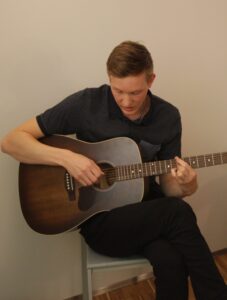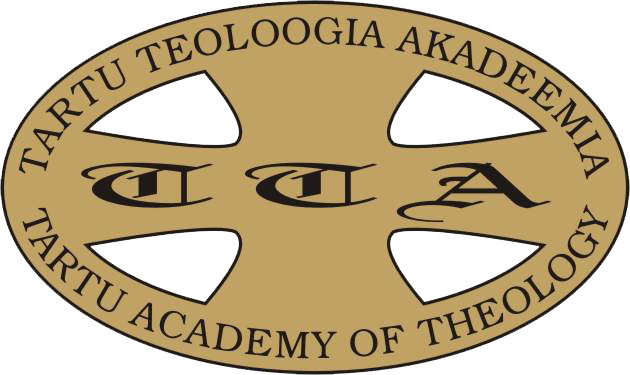-
Story of God's Guidance Throughout the Century
Background of Tartu Academy of Theology and Home of Hope
Haamer Family
Story told by Siimon Haamer, 3rd generation Lutheran Pastor
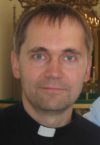
GRANDFATHER HARRI
Harri was born on July 8, 1906. God called him into eternity on August 8, 1987.
My grandfather Harri Haamer was ordained in 1929 and the story of a pastors dynasty began. Harri experienced hardships during his 58 years of service as a Lutheran pastor, because he suffered together with his nation under those difficulties Estonians were facing because of World War 2 and aggressive atheistic Soviet occupation that began in 1940. During the first 10 years of occupation about 70% of Estonian Lutheran Church pastors were killed, imprisoned, deported to Siberia or escaped to western countries.
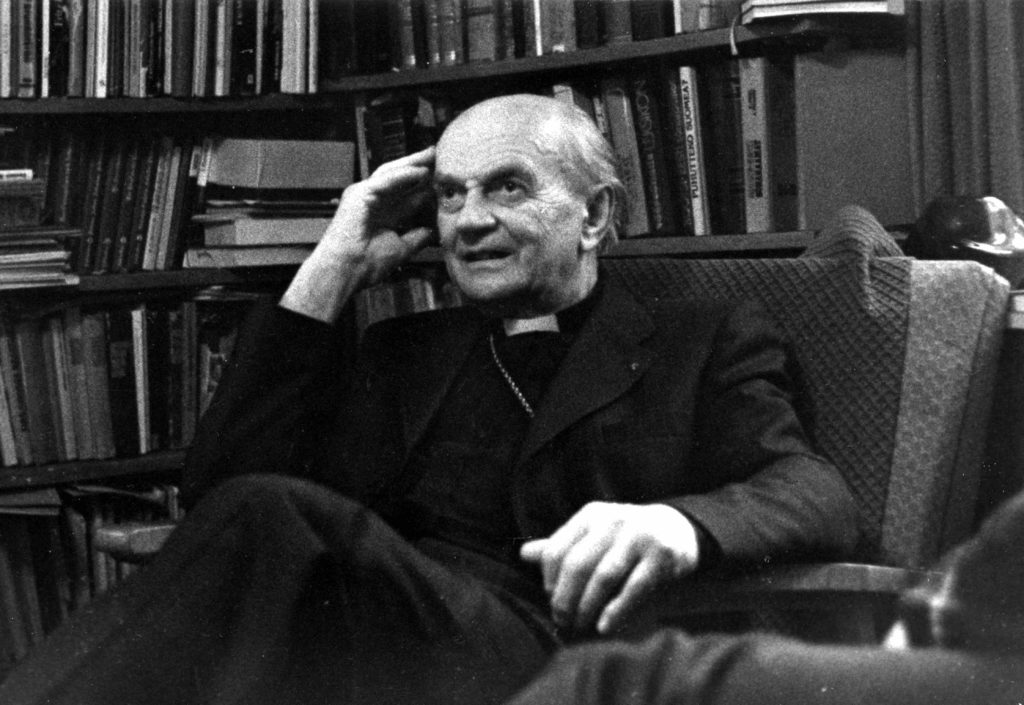
My grandfather wasn’t afraid to continue proclaiming the Word of God during Soviet occupation although it was life threatening. He got his punishment. He was arrested in 1948 and was accused of organizing youth work at the church. He spent 8 years of his life in slave labor camp in Siberia but while there he didn’t stop being a pastor. He survived and returned and pastored 32 more years until he died in 1987. He wrote a book “We shall live in heaven” about his journey to Siberia. This is available in English and downloadable from here.
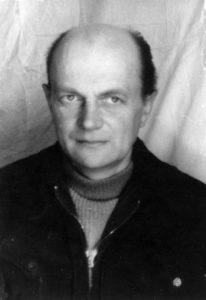
I recently read my grandfather’s diary. At the end of the 1950’s, after he was back from Siberia, he wrote that it is so sad that young people are taken away from churches and there is no Christian education at school. He was writing to Soviet authorities and explaining why it’s important to educate young people in the Christian mindset and was hoping that his concerns would get their attention. But of course, nobody listened to him and he just got in trouble and the KGB (Russian secret police) wasn’t very friendly to him.
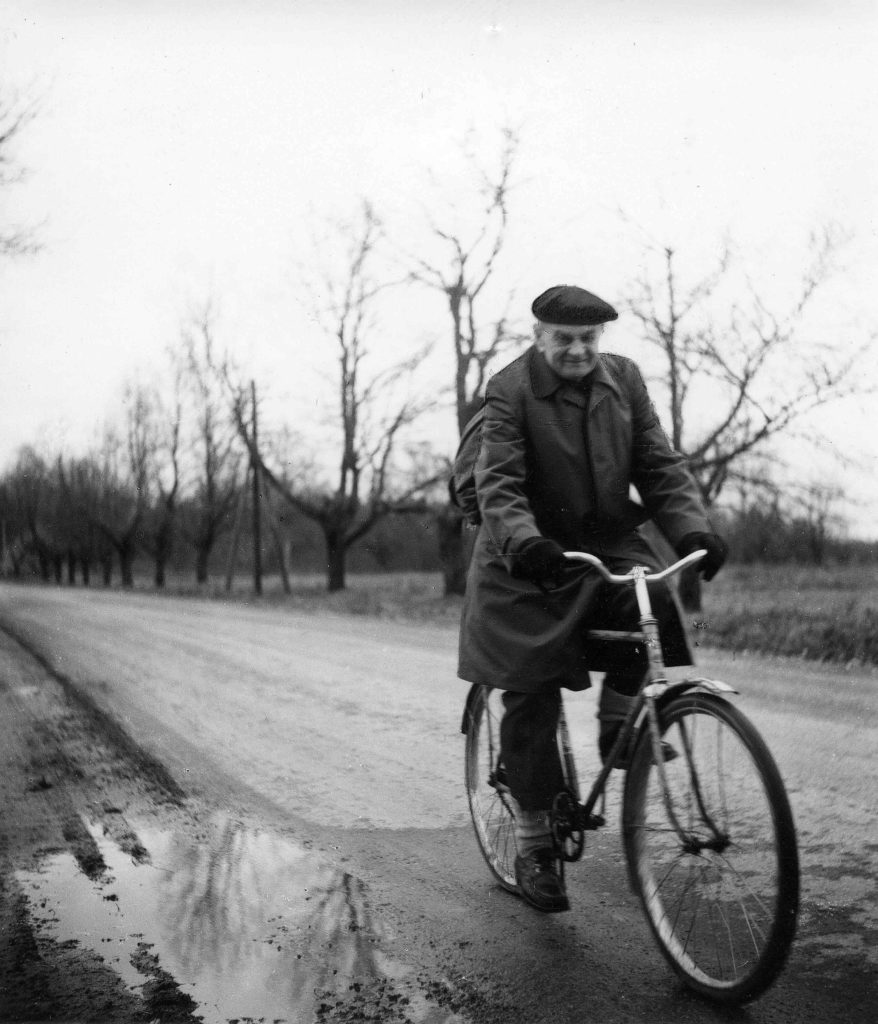
FATHER EENOK
Eenok was born on May 17, 1935. God called him into eternity on February 27, 2025.
Going back to the end of the 1940’s. After my grandfather was arrested the rest of his family needed to escape from their home a year later because Russian authorities wanted to deport them to Siberia as well. A result of that was that my father hid 6 years in the forest, 4 years of that time lived in an underground bunker. He was 13 years old at the onset of his journey of Golgotha.
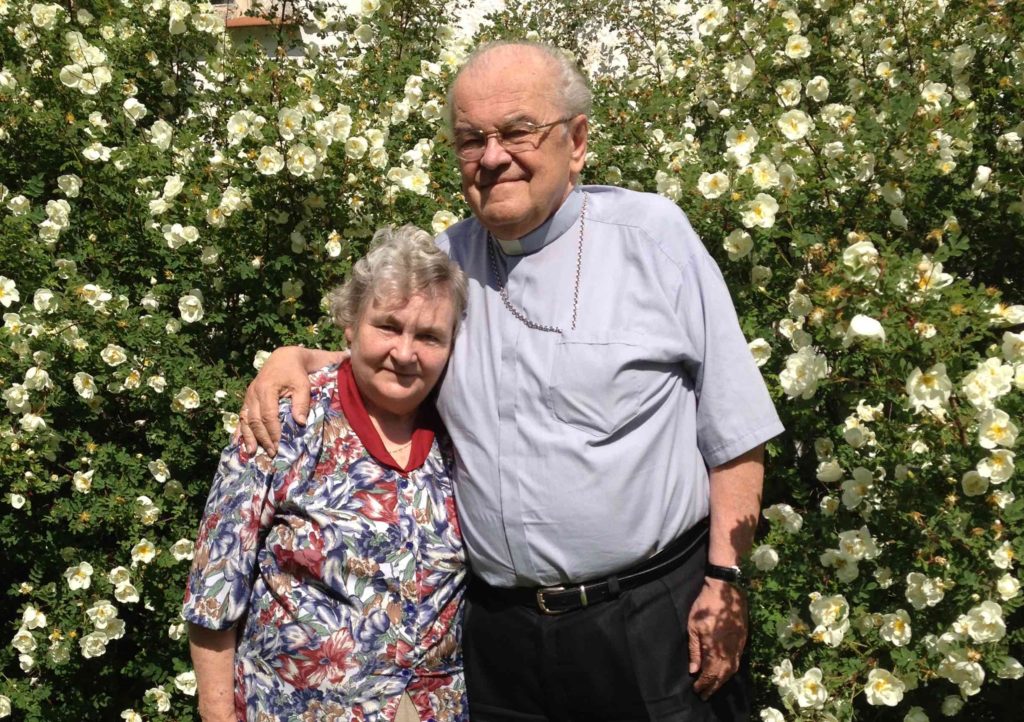
My father Eenok got very ill in the bunker and was lying there weeks without seeing any daylight and receiving any medical care. He has told me that there was a moment when he felt himself being on the edge of life and death. At the very same moment his mother opened the Bible and got a passage from Philippians 1:23-26: I am hard pressed between the two. My desire is to depart and be with Christ, for that is far better. But to remain in the flesh is more necessary on your account. Convinced of this, I know that I will remain and continue with you all, for your progress and joy in the faith, so that in me you may have ample cause to glory in Christ Jesus, because of my coming to you again. God gifted him life and it is clear that this gift was given on purpose. Hardships in the bunker were preparations for the future. In 1964 Eenok became an ordained Lutheran pastor.
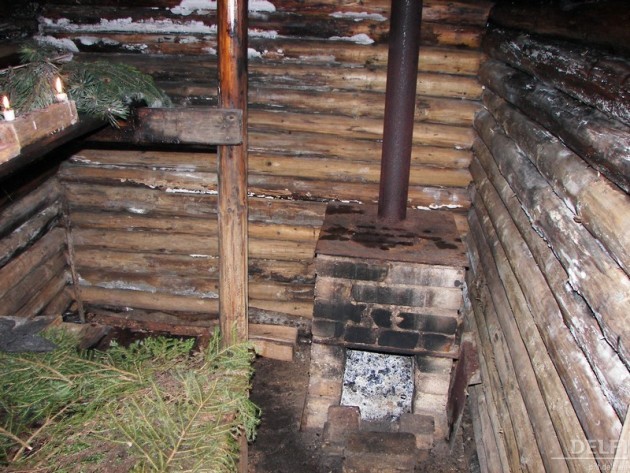
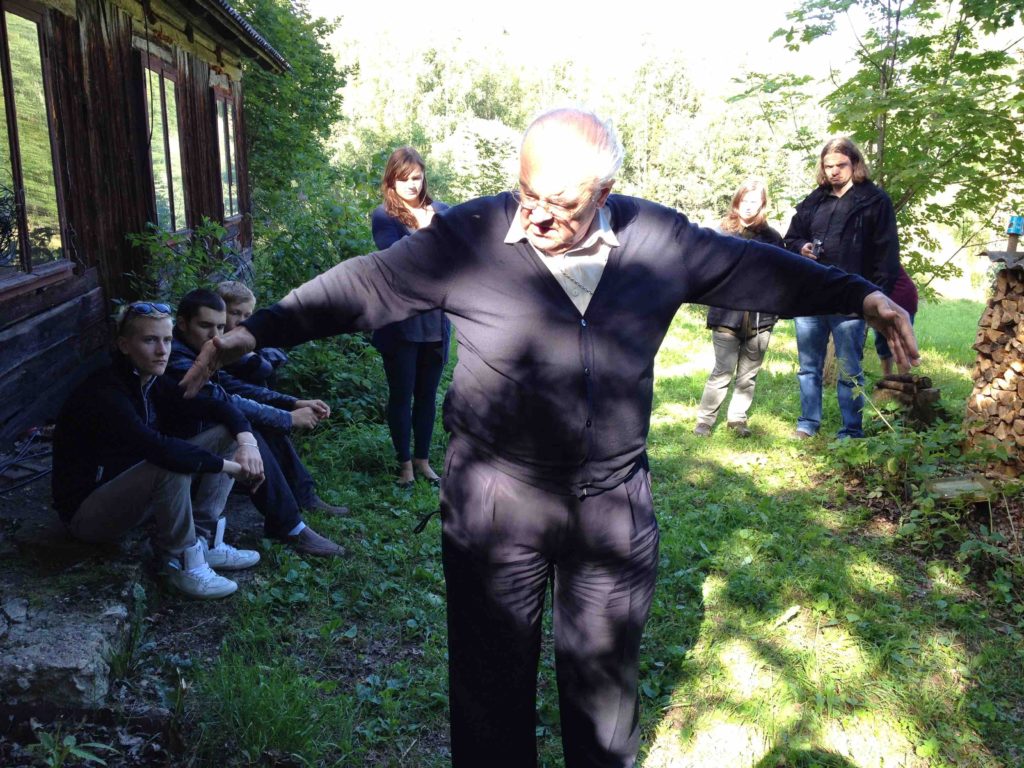
Under pressure and persecution Christians need strong pioneers who know that if there is no opportunity for a better life…no future, no solution, no food, that there is always Jesus Christ our Savior who is very, very close. And one can joyfully sing praise songs–praising the Lord for those bitter thorns that wound. Eenok has been such a Christian leader already for 56 years and today at 84 years old is still continuing to serve three congregations.
Eenok had the privilege of seeing Estonia regain its independence in 1991. My grandfather unfortunately didn’t see that happen but he believed that this would happen. Being independent again also meant oppression toward Christians was finished. Since that time, we are able to speak and work freely without any fear but the problem is that during 50 years of aggressive atheistic propaganda continuity of our Christian identity was cut. Now we are trying to work hard to heal our country from this damage but we need many efforts for this.
TARTU ACADEMY OF THEOLOGY
One of the efforts is the Christian college, Tartu Academy of Theology (TAT), that was established by my father in 1992 to train Christian leaders. Home of Hope is the result and natural continuity of 27 years of good and the fruitful work of TAT.
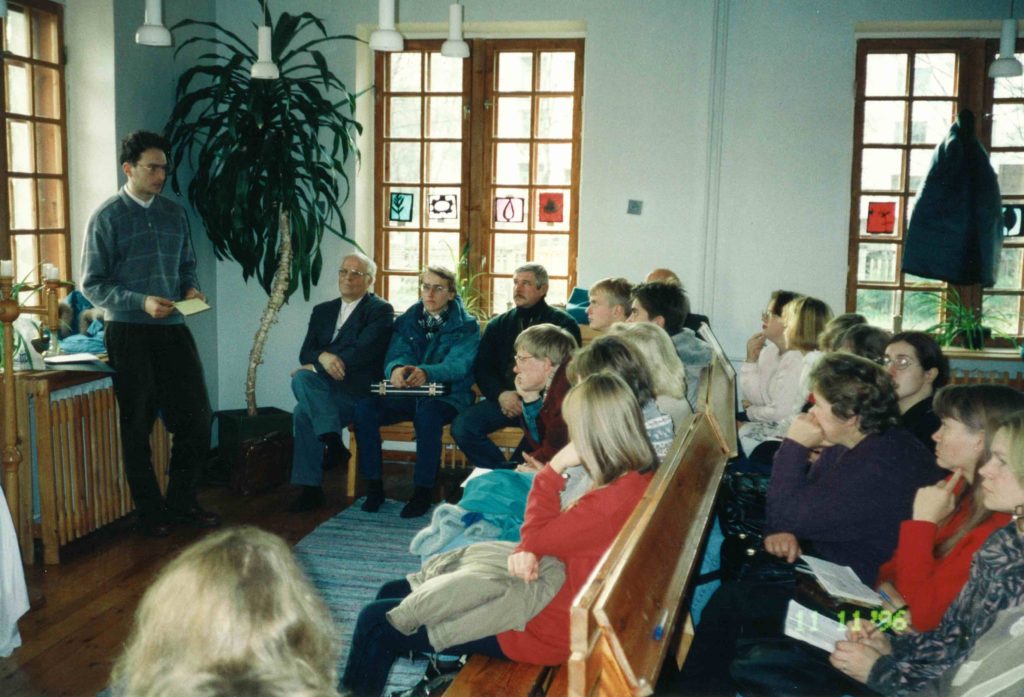
BROTHERS
A meaningful part of this story is that my two older brothers and myself are all Lutheran pastors as well. We chose to become pastors already while under Soviet occupation. We are carrying on this legacy that began about a hundred years ago. Our story continues and we are convinced that Home of Hope has a very important role in this continuing story.
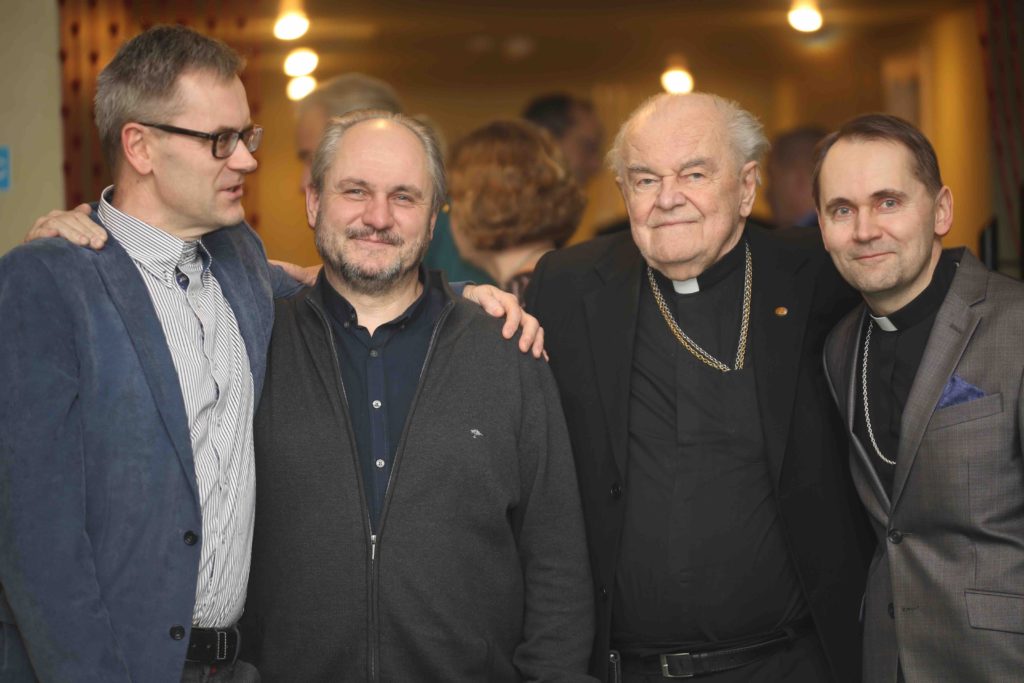
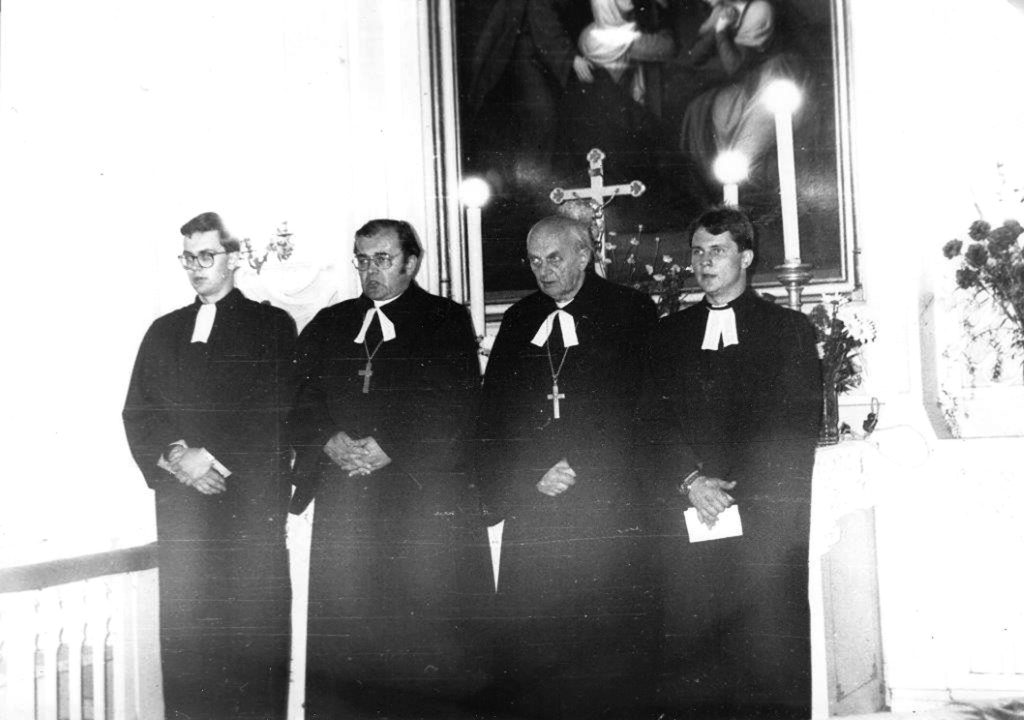
SIIMON'S PERSONAL STORY
I was born into a Christian family and all the days of my life have been framed by prayer. This is truly a special blessing. I feel that my biggest treasures are the intercessory prayers of my grandparents and parents. Today I’m passing on that blessing to my children.
Still, I can’t say that walking with God is easy. I was born in 1973 and I remember very well how life was under Soviet atheistic pressure. Being a child, I didn’t feel the pressure that my parents and grandparents felt but I saw their unhappiness and struggles. A pastor’s family was basically excluded from society. Salary from the church was very, very small and there wasn’t an option to have an additional side job–everyone was afraid to hire a pastor. I have two older brothers and one younger sister and I’m amazed today how our family with four children survived through the Soviet occupation. I don’t remember feeling hunger although I know that often we lacked food. God was taking care of us and sent helpers, otherwise we wouldn’t have been able to survive. However, because of poor food I suffered from rachitis and that is also affecting my life today.
I attended state school, along with my brothers and sister, because home schooling wasn’t allowed. At school, teachers tried to teach us according to the Soviet mindset. If this didn’t seem to prove successful, my parents were warned that they were ruining the lives of their children. Sometimes I experienced teasing at school because I was Christian but I had a strong and supportive home and those situations didn’t have an impact on me.
At home nobody ever said that I should become a pastor. Nevertheless, my decision was made pretty early. When I was 9, a teacher at school asked each student what they would like to be in the future. Already at that age I answered I wanted to be a pastor. And I never changed my mind. I graduated from high school in 1991 (the same year Estonia regained independence) and began theological studies when the Tartu Academy of Theology (TAT) was established in 1992. That same year my supervised practice began because father took me along with him to serve his congregations.
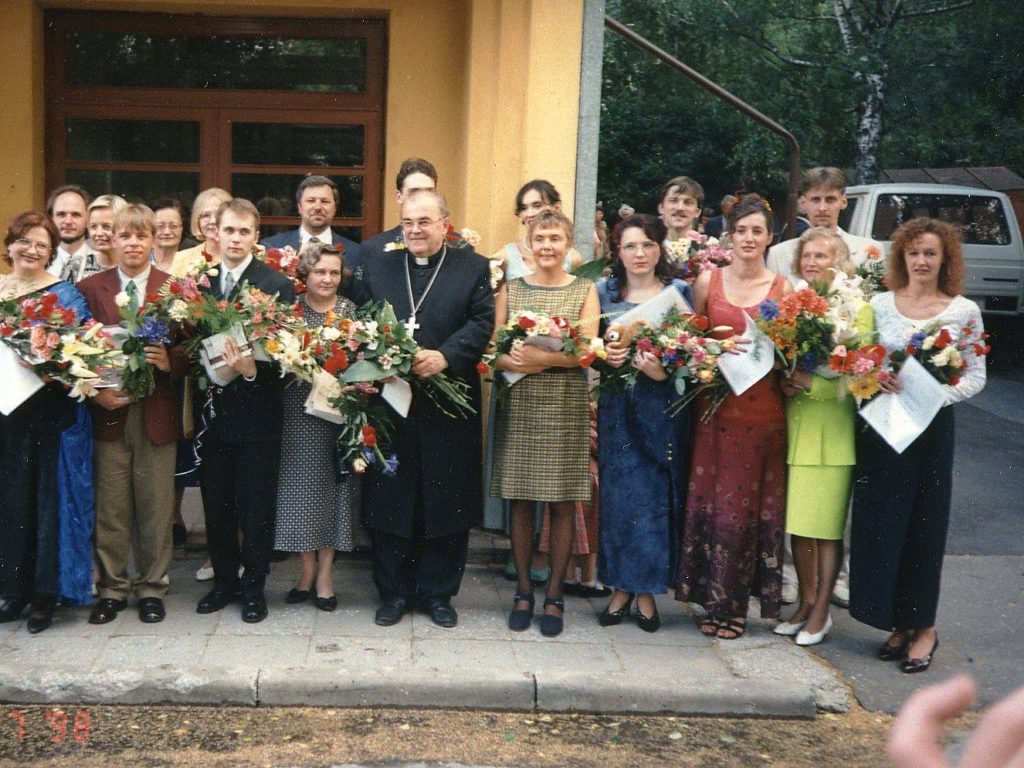
In the summer of 1998, I was among the first graduates of TAT. Right after my graduation I began to work at TAT to help my father. I became very busy administrating and managing the school. Years passed and I started to feel myself to be like Jesus says in Luke 9:62 „No one who puts his hand to the plow and then looks back is fit for the kingdom of God“. I felt that I was not being faithful. I had a goal to become a pastor but I had not met this goal. I worked hard to run TAT because we needed to teach a new generation of Christian leaders for Estonia. I just couldn’t step away from this. I was like on a crossroad. It took several years for me to understand that actually I’m not one who has put his hand to the plow and then looks back. I have answered God’s call, only He gave me a task different than what I had planned. He also blessed me with gifts I need for this work. I can say that I have been faithful to this work. I didn’t run away when TAT had only debts and no money, when other close co-workers were leaving and professors were displeased because they had not received any salary for months. I’m thankful to God that He sent solutions little by little and not just solutions but also new perspectives.
Today I’m an ordained Lutheran pastor. I don’t have my own congregation but I’m helping my father to serve his three congregations. It’s not possible to run a school and congregation at the same time. I care for my wife and children and they need me as well. Today I see that all of my own experiences and the hardships of my parents and grandparents, have been preparations for this present action. Establishing a Christian Outreach Center Home of Hope in the country that is proclaimed to be the least religious country in the world can’t happen without great test of faith. We just can’t wait for perfect circumstances. we have to step out and act when God is giving signs. Home of Hope is exactly a project like this.
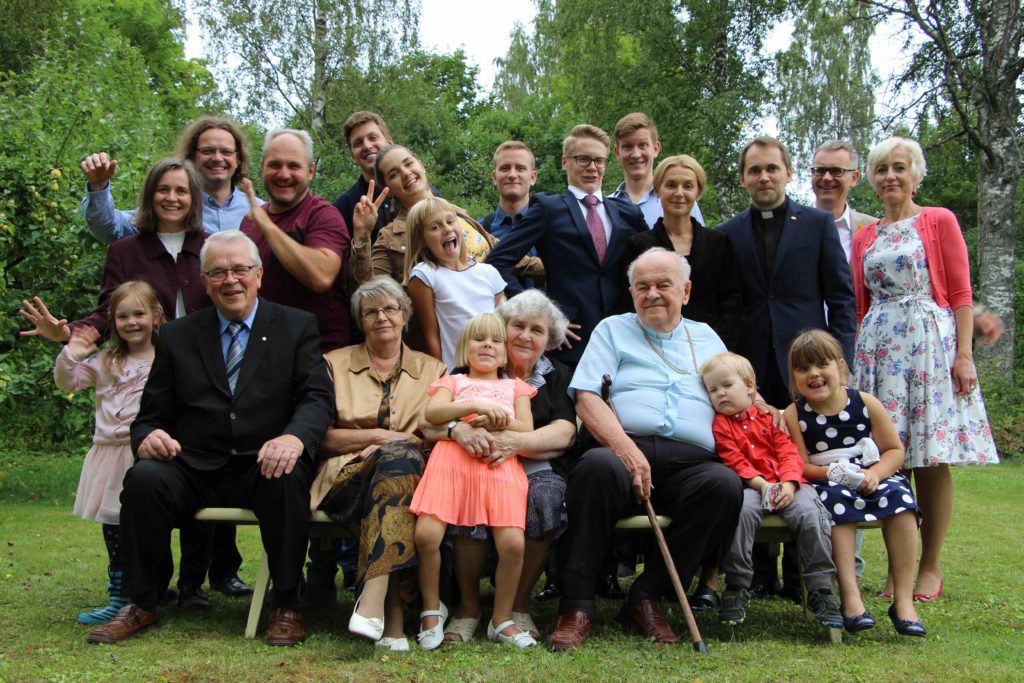
4th GENERATION
Three generations of Lutheran pastors were grown up from our family despite of persecution and very challenging history. Pastor Siimon Haamer was working 15 years side by side with his father Eenok until 7 years ago he turned leadership over to Siimon. Now we are sharing that this amazing family story is continuing. Fourth generation has grown up. Mattias Haamer, son of pastor Markus Haamer, has joined with our team.
Mattias is 23 years old and is currently studying marketing. But very important is that Christian youth work is his passion. Thus his skills fit exactly with our needs. We are happy that Mattias is eager to help build up Christian community in Estonia. We don’t know what is God’s future plan for him.
Please watch this video about uplifting news of the fourth generation.
We have some more videos that are opening background and importance of this uplifting news about fourth generation. You may find all of them by clicking here.
TESTIMONY OF MATTIAS
I was born to a strong Christian family. I have had ancestors of pastors for three generations – my father is a pastor, grandfather is a pastor, great-grandfather was a pastor and even my two uncles are pastors. If that’s not a strong foundation, I don’t know what is.
It is also a privilege, that I have had this environment to grow up in, because I was born after the Soviet occupation, that had done a devastating job to the Christian community. There weren’t many kids, who got to hear about God or Jesus or any religion when they were growing up and even when they heard something about it, it was rather negative. They were taught not to think about this subject.
At a very young age, I came to the startling realization that my peers were reacting negatively to my faith without even knowing what this Christianity means. It started to look to me like there was some kind of brick wall actually stopping them from thinking about faith in their lives. The more I met people, the more I saw it. It became a problem to me, that people not only have misconceptions about Christians, but that they are not even willing to think about Christianity or religion at all. In my opinion, this way of living and not thinking about existential questions has put many people through rough times. They have had mental issues, broken families or just feel emptiness in their hearts. By not seeing beyond their lives and living without feeling loved, it is easy to get caught up in mixed feelings and emotions. Now, it is true, that there are exceptions on both ends, but the overall view is like previously mentioned.
It has been in my heart to break that brick wall in people’s heart. I try to do that by getting to know them and show that I’m a normal person, and then, after a while, “shocking their world” by saying that actually I’m a Christian. That way they might be more open to discussing repressed topics.
I have always admired my father’s and grandfather’s work as pastors and have put a lot of thought into going to study theology, but at least for now I don’t feel that it is the right time for me. This is the decision I cannot make without God’s push. Right now, I feel that I can help out more with youth work and supporting activities in Christian work. Hopefully, I can bring some young people to know Jesus so that they can break the not-knowing-Jesus pattern that is very common among Estonian families. And they could start the talking-about-Jesus pattern with their children.
LATEST NEWS
